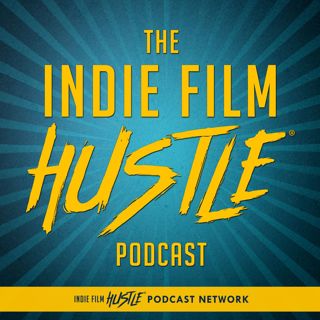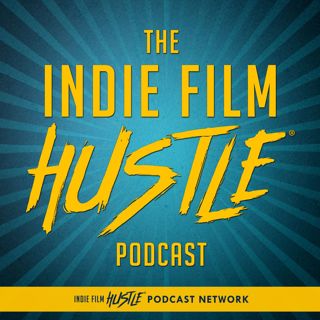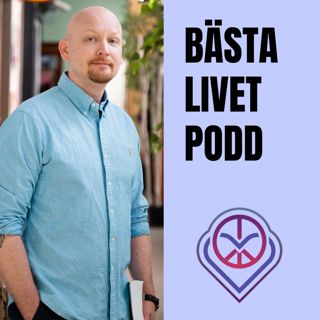
IFH 841: What a Real Film Producer Actually Does with Marc Bienstock
Marc Bienstock shares an honest look at what producing really means, drawing from decades of experience on both independent and studio films. From his early days at NYU and directing features to becom...
10 Feb 46min

IFH 840: Finding Your Way into Film Without Film School with David Powers
David Powers shares his unconventional path into filmmaking, one driven by curiosity rather than credentials. From discovering cinema through genre films and festivals to learning production hands-on ...
3 Feb 2h 8min

IFH 839: The Rodriguez List: How to Make Movies with What You Already Have with Aaron Kaufman & Brian Levin
Aaron Kaufman and Brian Levin share an unfiltered look at how independent filmmakers can build real momentum by creating instead of waiting. Drawing from experiences ranging from YouTube comedy to stu...
27 Jan 54min

IFH 838: Finding a New Creative Path in Indie Film with Charmane Star
Charmane Star shares her unexpected journey from a small role in Black Dynamite to discovering a deep passion for independent filmmaking. What began as a routine booking evolved into a Sundance Film F...
20 Jan 52min

IFH 837: How Filmmakers Can Win in the Digital Marketing Age with David Feinman
David Feinman shares how cinematic storytelling can be used to build successful businesses and viral experiences. From creating Zombie Run—a nationwide immersive event inspired by zombie films—to foun...
13 Jan 55min

IFH 836: The New Rules of Indie Filmmaking No One Is Teaching with the Jalbert Brothers
The Jalbert Brothers share how they built their filmmaking careers by embracing low budgets, consistent output, and hands-on learning. Rather than waiting for funding or studio approval, they focused ...
6 Jan 1h 2min

IFH 835: What Really Happens After You Write the Script with Michael K. Snyder
Michael K. Snyder shares a behind-the-scenes look at what it really takes to build a sustainable screenwriting career. From film school and early networking with Lloyd Kaufman to moving to Los Angeles...
30 Dec 20251h 4min

IFH 834: How to Build a Screenwriting Career That Actually Lasts with Bob Saenz
Bob Saenz shares a rare, honest look at what it means to build a long-term career as both an actor and screenwriter. From his early days in theater and television to writing studio films and Hallmark ...
23 Dec 20251h 10min






















